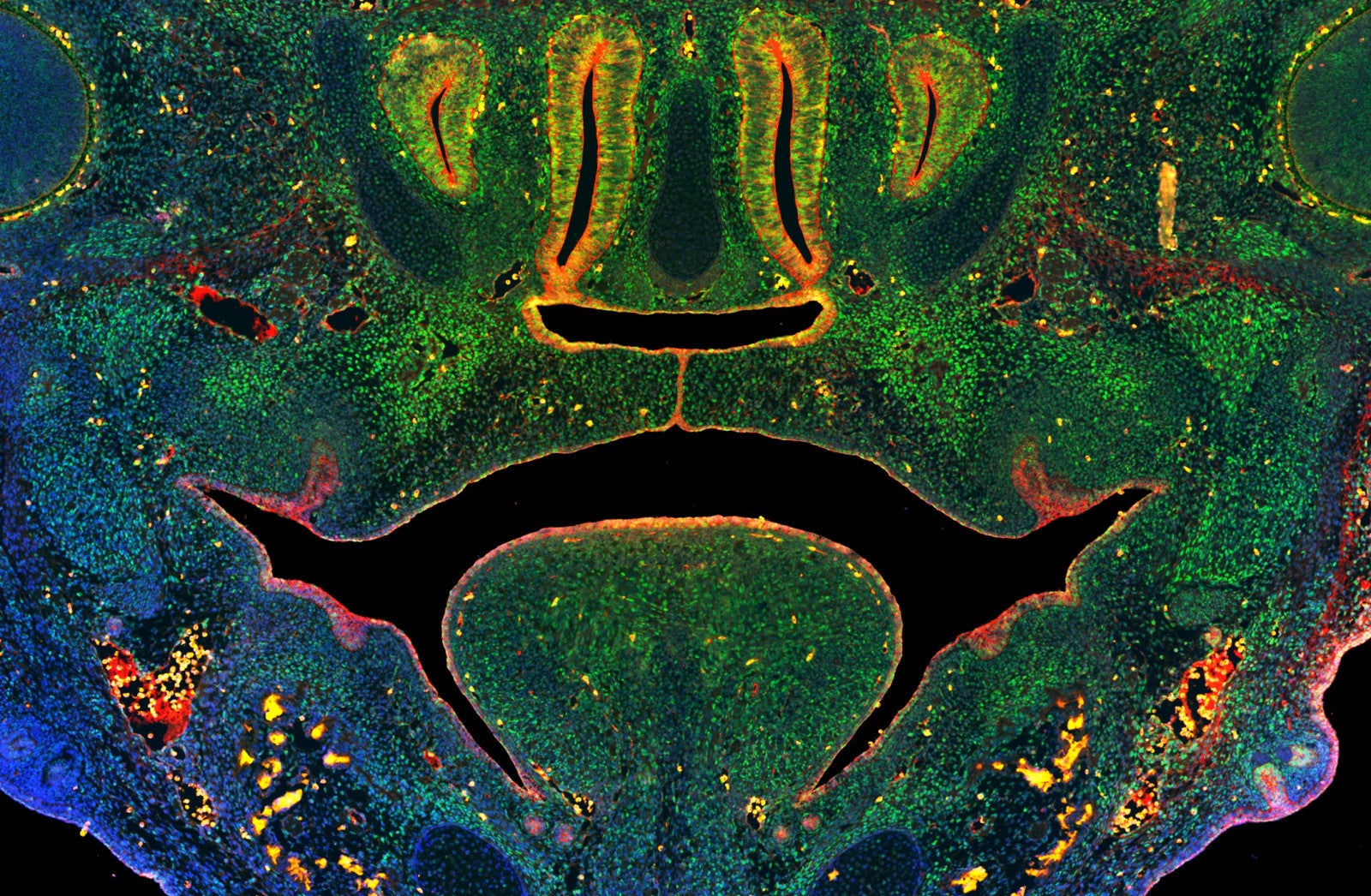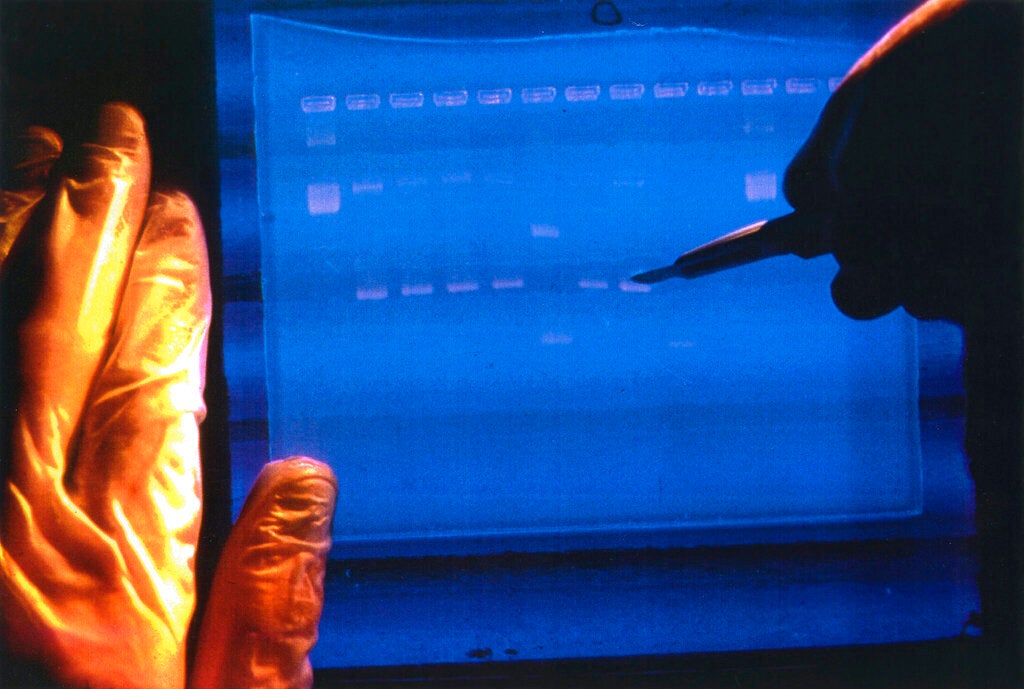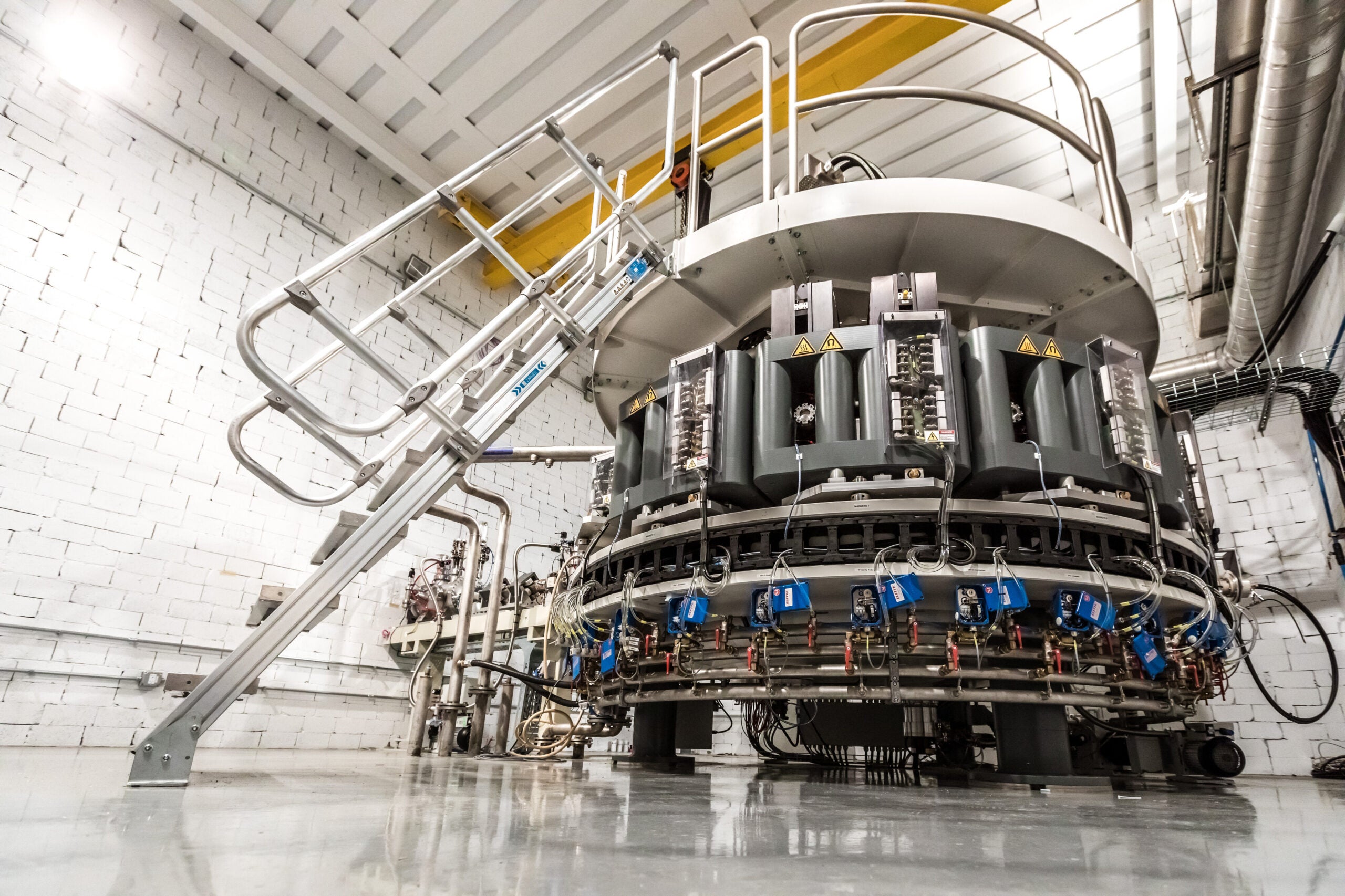University of Wisconsin-Madison researchers have discovered a method to precisely detect and treat glioblastoma, a malignant form of brain cancer.
The study is published in the Proceedings of the National Academy of Sciences. Weibo Cai, of the university’s Department of Medicine and Public Health, led the research effort.
Reinier Hernandez, one of the paper’s co-authors, compared finding cancer cells to looking for a book in a library.
Stay informed on the latest news
Sign up for WPR’s email newsletter.
“If you tell me just the shelf, there will probably be hundreds of books. But, if you tell me section and title, it will be much more specific to go get the information,” he said.
Hernandez said the team has found a way to get more specific. Cancer cells have markers on them that aren’t found on normal cells. The research team has designed a method to target two of the markers associated with brain cancer, a level of specificity that could make chemotherapy more effective.
“Chemotherapeuticals have tremendous side effects because they’re attacking normal cells. With this, you just do the damage to the cancer cells,” he said.
Hernandez said this form of specialized treatment can be applied to other cancers beyond glioblastoma.
These UW-Madison researchers are focused on the deadliest forms of cancers. In addition to glioblastoma, they have conducted heavy research on finding markers for pancreatic cancer, which has a five-year survival rate of only 6 percent.
Wisconsin Public Radio, © Copyright 2024, Board of Regents of the University of Wisconsin System and Wisconsin Educational Communications Board.




